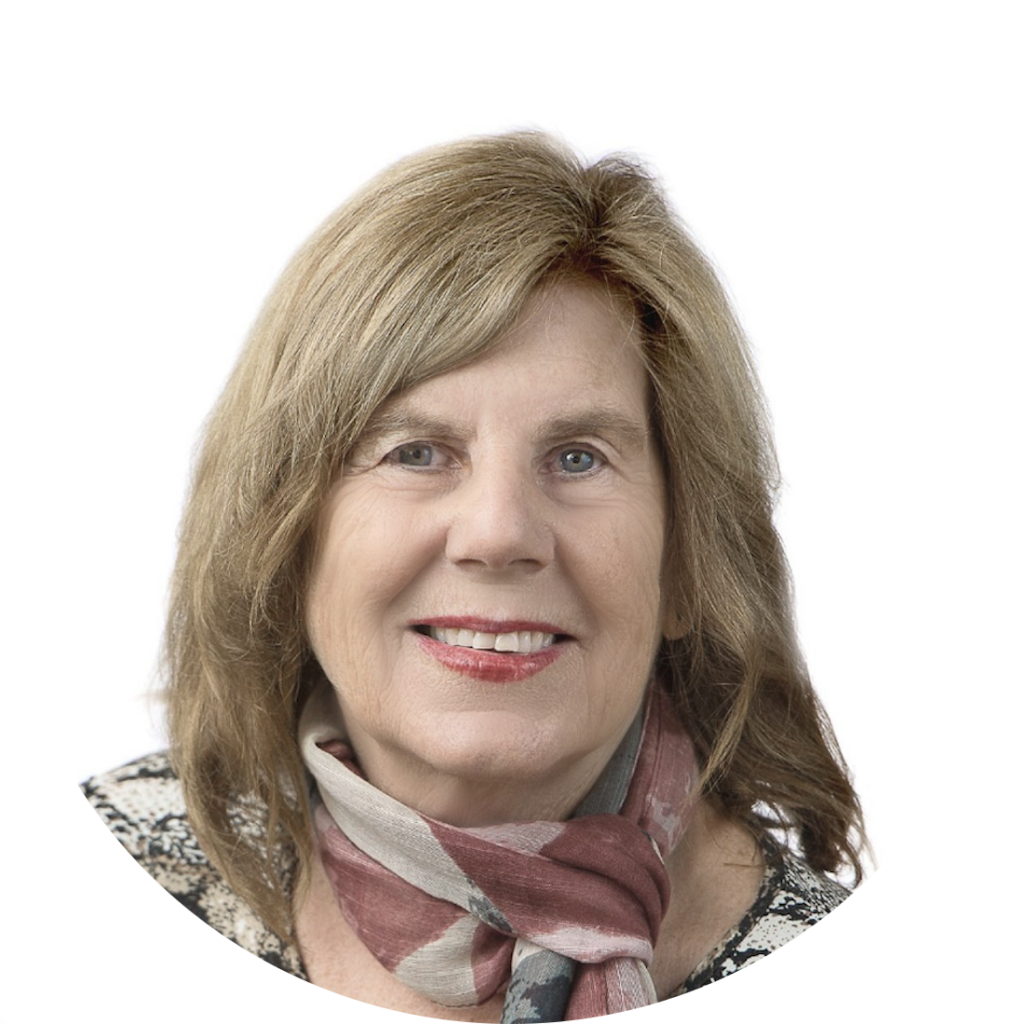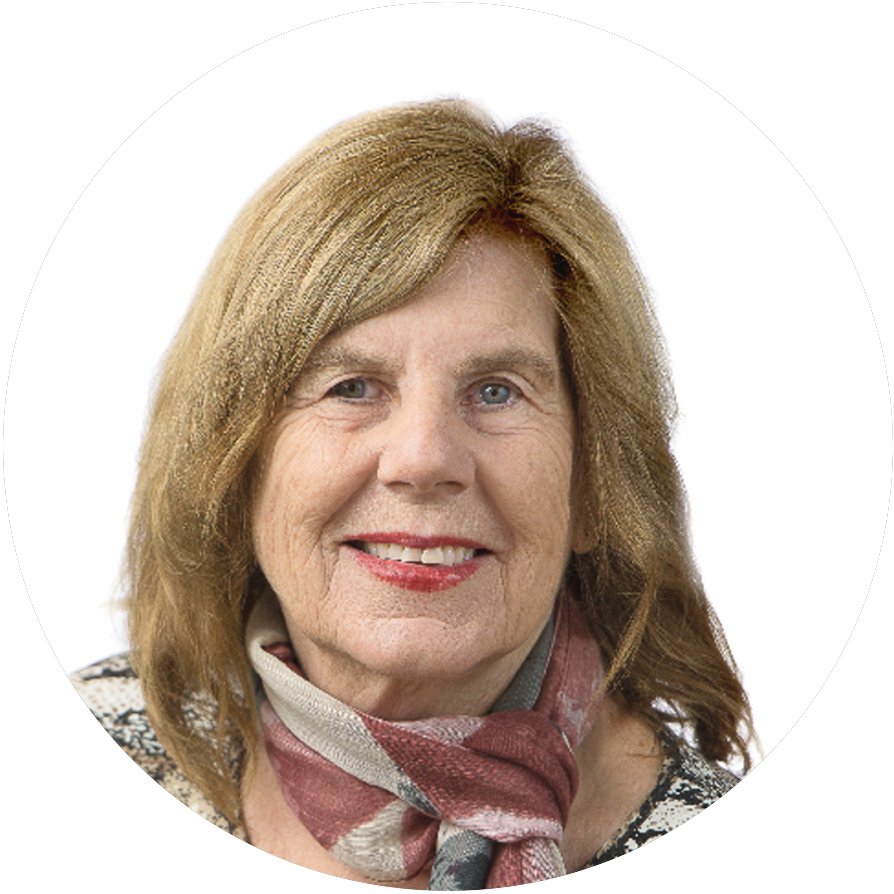
Enough is enough by Alicia Kaufmann
The systems psychodynamics of
Decolonising Minds, Workplaces & Curricula
for a better future
🔖 PRESENTATION
Paper (parallel)
📆 DATE
Wednesday 20 Nov 2024
⏰ MELBOURNE TIME
5.00 - 7.00 pm
⏰ LOCAL START TIME
time start

Dr Alicia Kaufmann
Building new cultures and leadership styles”
Alicia E. Kaufmann Holds a doctor’s degree in Sociology from Paris and Madrid. She
taught at Instituto de Empresa management school. She was a Fulbright scholar twice, once at Yale University in organizational behaviour other on leadership. Member of ISPSO (International Society of the Study of Psychoanalisis of Organizations) and Opus (Organization for promoting understanding of Society), London and ICF. Her multicultural background (European parents, born in Argentina, Spanish children) opened up a range of interests and a curiosity for life that has led her to explore different paths. In 1984 part of the executive team of the first (Hospital Management School) in Madrid. She worked as a facilitator for Stephen Covey, author of “The Seven Habits of Highly Effective People”, (USA). Now she works “into the future building new cultures and leadership styles” and healing. Emotional wounds from COVID 19 She is an expert in constructing and organizational cultures, helps people to take up their authority. Is Certified Analytic Network Coach (London). Wrote 28 books more info www.aliciakaufmann.com
⏰ DURATION
120 minutes
Enough is enough: from humiliation to empowerment: the case of Spanish sports woman
This article is the result of two pieces of sociological research (2012 and 2023) ,
about woman in sports. The first one is a description of the characteristics,
competencies and mindset of woman in this area. With an ample sample of
participants where a comparison between men and woman was done and also a
comparison between active and retired sports people.A very innovative piece is
how their emotional and physical world is created. How they are separated from
society to ehnhance their habilities and the effect in the different moments of their
life cycle. From infancy to retirement.Also the particular competencies of this
proffesion are analized and how their resilience is can be taken as a model for the
organizational world, and a change of culture from submission to innovation.
As a second part I consider how a new cohort/generation won the world cup and
how , they fought externally and internally to get rid of the mind colonisation the
previous generation was submitted. They overcome fear they confronted the
masculine oppression and by their action achieved that some of the general
managers (men) were expelled from the organization. It has been an interesting
process to follow how the change has been possible and how they sustain and
overcame this confrontation.
Day(s)
:
Hour(s)
:
Minute(s)
:
Second(s)
Session schedule
5 MINS
Introduction
30 MINS
Paper presentation
20 MINS
Small group discussion; impressions of the paper and developing questions for the presenter
20 MINS
Discussion forum with the presenter; moderated for the speaker to elaborate their ideas
10 MINS
Discussion forum with the presenter; themes from the discussions
5 MINS
Break
30 MINS
Whole symposium open reflection discussion
Share this presentation!
Parallel Paper Presentations
The following are presenting at this time

DR LESLIE BRISSETT
At War against Nature - The Iceman Legacy

DR ALICIA KAUFMANN
Enough is enough: from humiliation to empowerment: the case of spanish sports women

PROF SUSAN LONG
Decolonising Nature: Consciousness and Unconsciousness beyond the human













